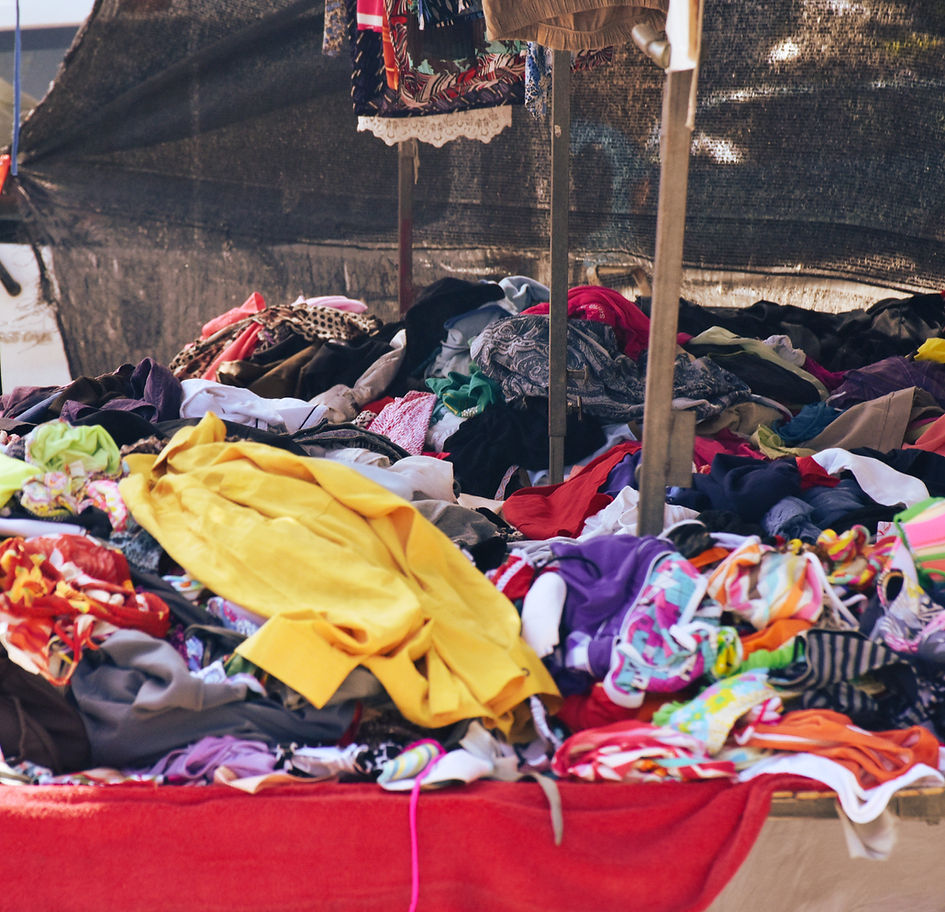

We're so happy to see you again!
Reset your password
We will send you an email to reset your password

The staggering figure of 80 billion garments consumed annually reflects the culture of overconsumption prevailing in the fashion industry. This excessive demand leads to numerous environmental challenges. The fashion industry is responsible for generating nearly 10% of all carbon emissions, emitting 1.2 billion tons of CO2 annually. These emissions have a catastrophic contribution to climate change, exacerbating its associated effects.

The fashion industry is notorious for its immense textile waste. Americans alone discard approximately 70 pounds of clothing per year totaling to nearly 16.9 million tons of textile waste annually. This results in 80% of all clothing produced ending up in landfills. As they decompose or are incinerated, they release toxic gasses into the land and atmosphere further exacerbating the climate issues.

Fashion’s negative impacts extend beyond the environment to also encompass social issues such as the exploitation of workers. The industry is the second biggest contributor to modern slavery in factories. The lack of regulation in the fashion industry has allowed child labor to remain prevalent in many regions and many workers are being paid less than a living wage. A survey found that a shocking 93% of brands are found to not pay their workers a living wage.